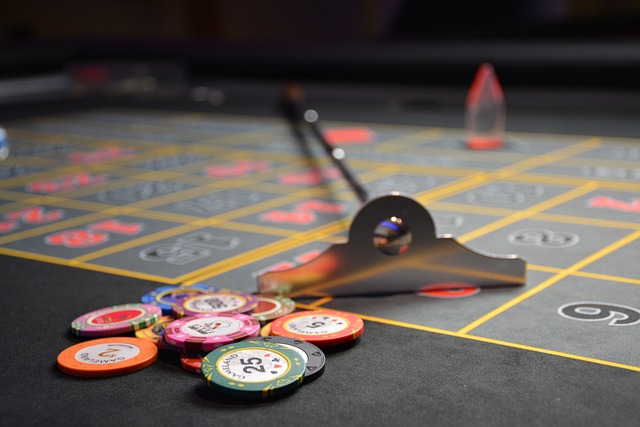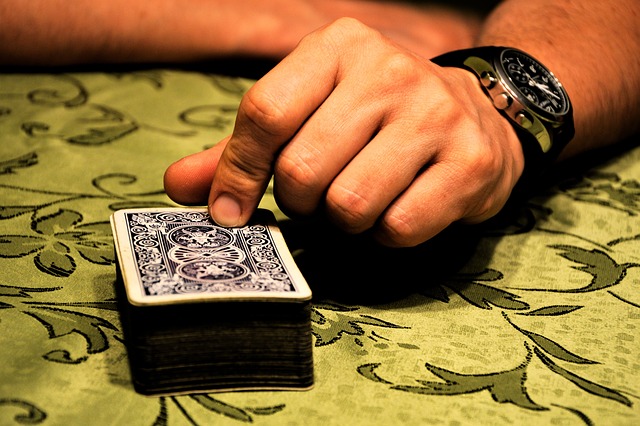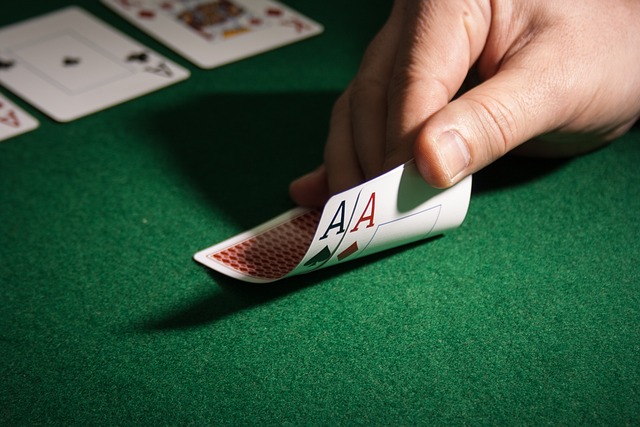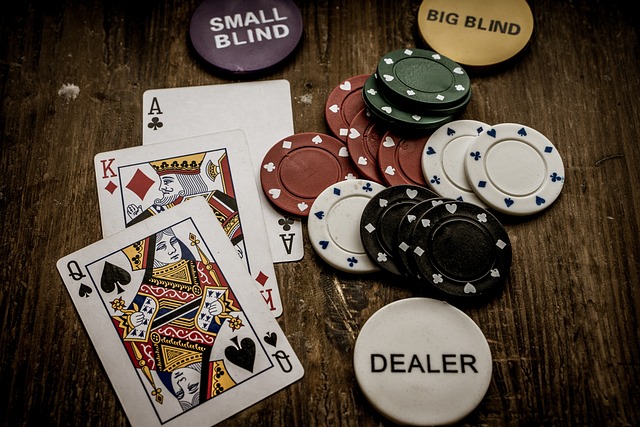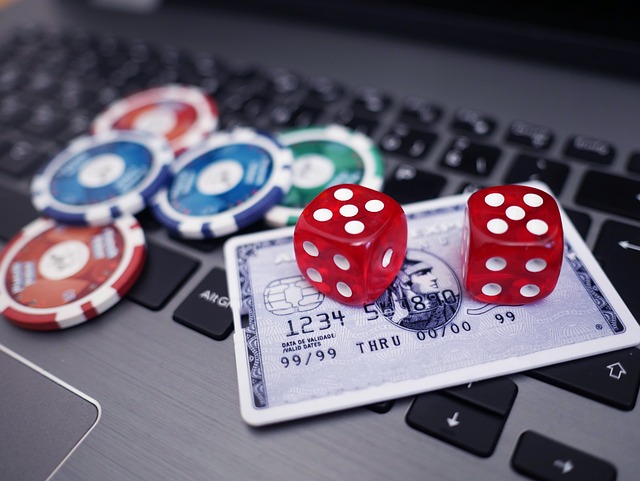Poker isn’t just a game of luck; it’s a skillful dance of strategy, psychology, and patience. Whether you’re a seasoned player or new to the felt, refining your approach can dramatically improve your outcomes. You can always enjoy a large selection of different types of poker games, test your strategies or just have fun playing at HellSpin casino. Well, to improve your poker experience even more, read this article.
Here are the three best tips for poker enthusiasts looking to elevate their game and increase their wins.
Understand Your Opponents
Reading the Table
One of poker’s most critical aspects is the ability to read your opponents. Pay attention to their betting patterns, body language, and table talk. Are they aggressive with weak hands? Do they bluff often? Recognizing these patterns can give you a significant edge, allowing you to make more informed decisions about when to fold, call, or raise.
Psychological Warfare
Poker is as much about playing your opponents as it is about playing the cards. Projecting confidence can intimidate less experienced players, while showing hesitation might lure aggressive players into overcommitting. The key is to keep your opponents guessing while you stay one step ahead.
Manage Your Bankroll Wisely
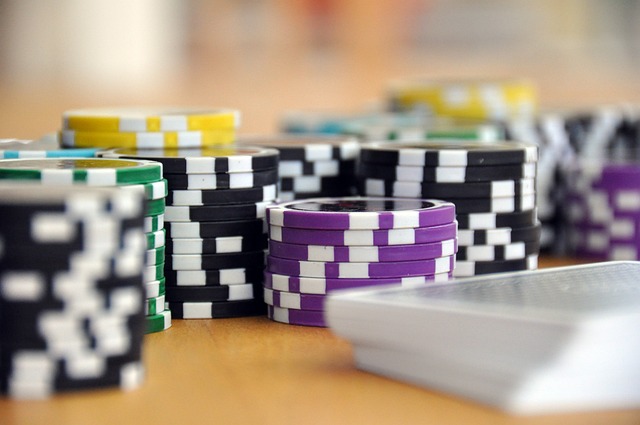
Set Limits
Effective bankroll management is crucial for long-term poker success. Determine a budget for how much you’re willing to risk and stick to it. It’s essential to play within your means and avoid the temptation to chase losses. By setting clear limits, you can protect your finances and enjoy the game stress-free.
Know When to Walk Away
Part of managing your bankroll is knowing when to call it a day. Whether you’re on a winning streak or facing a series of losses, it’s important to recognize when to step away from the table. This discipline will help preserve your bankroll and ensure that poker remains an enjoyable pastime.
Master the Art of Bluffing
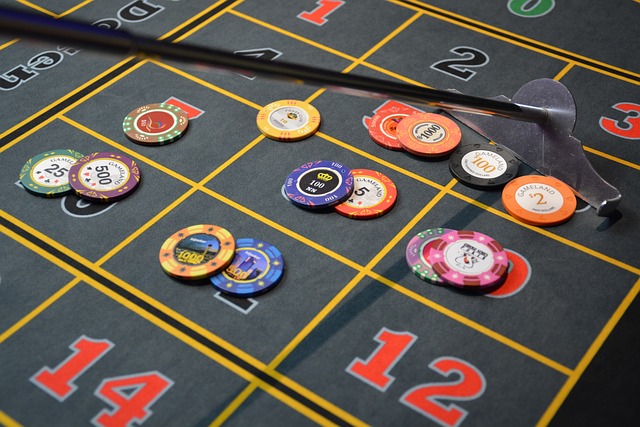
Bluff with Purpose
Bluffing is a powerful tool in poker, but it should be used sparingly and strategically. A well-timed bluff can turn a weak hand into a win, but excessive bluffing can make you predictable. The key is to bluff when you believe you can sway your opponents’ actions, not just when you’re hoping for a lucky break.
Pay Attention to Pot Odds
Understanding pot odds—the ratio of the current size of the pot to the cost of a contemplated call—can make your bluffs more effective. If the pot odds are in your favor, it might be worth taking a calculated risk. However, if the odds are against you, it might be better to fold and wait for a more opportune moment.
Final Thoughts
By implementing these strategies, you’ll not only enhance your poker game but also increase your chances of coming out ahead. Remember, poker is a marathon, not a sprint. Continuous learning, patience, and adaptability are your best bets for long-term success. So, take these tips to heart, apply them at the tables, and watch as your poker prowess grows.
